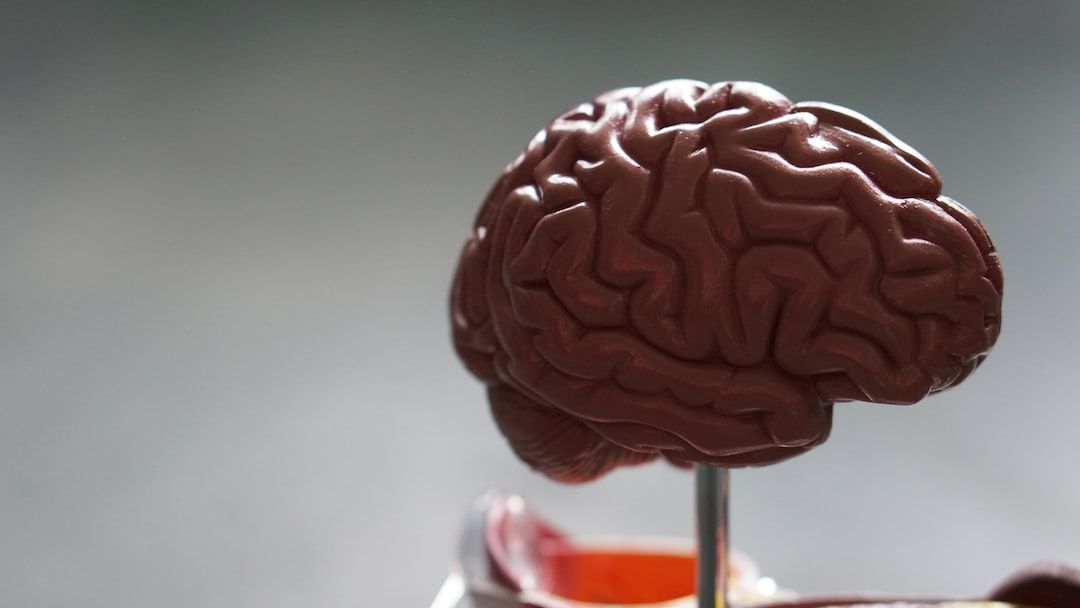Even in the best safety culture, with perfect policies and procedures, where the staff have gotten the perfect training, and have access to all the right equipment, organisations still experience accidents, incidents, and costly service quality issues. A lack of focus plays a huge role, if not the only role, and the Human Factor has a tremendous effect on our ability to make safe decisions and eventually our Safety Culture.
The safety brain paradox is then that you want the experience from an old, well skilled, and educated brain, but you want the young brain’s ability to be able to actually execute on the knowledge and experience. The paradox is thus, that it simply doesn't matter how many years of education and experience you have, if you don't have the ability to use it to make safer decisions!
The age of the brain is not necessarily determined by the birth certificate, but much more by the everyday behaviour of the individual. So even the youngest brain can with terrifying ease function as a very old one in its ability to make safe decisions.

Whether people go home safely or with an injury, is determined by multiple factors such as the level of training, the equipment, the culture of the organisation, the current safety measures and so on. But it is also determined by the way we and employees make decisions throughout the day. If you are reading this, you probably make a living by making sure that as many people as possible go home safely.
You probably also make your living from the knowledge that you’ve gathered over the years; from education, life, and work experience. And you, moreover, probably make a living from making people understand why this knowledge is so crucial for a safe work environment.
The question is how much of your organisation's great knowledge can be utilised in any given situation?
The good news is that you can easily teach your organisation to utilise their knowledge and experience in the best possible way to make safe decisions.
$100.000 brain exampleIn the young brain, there is less knowledge and experience but a better ability to apply the existing knowledge. In the older brain, there is more knowledge but as time passes, less ability to apply it. That does not mean that it’s gone, but merely that it can take a bit of time before we can use it.
I hope this following example can put this into perspective. Imagine that you have 100.000 dollars in your bank account. It would not be the greatest feeling in the world if half of it was gone one morning. The good news is that this principle does not apply to our knowledge and experiences as they do not disappear overnight but sometimes it feels like they’ve all suddenly disappeared. The truth is, however, that it instead can take some time to find them.
The $100.000 represents all your experience from work, life, and all the many years of education, courses, and so on. Now imagine that you would like to invest it in stock. Scenario 1 represents the young brain, you have the $100.000 in your mobile bank account and are all set up to buy the stock, it takes you less than a minute and the stock is yours!
Scenario 2 represents the older brain, you are still looking to buy the same stock at the same time, but you have the $100.000 in the form of gold bars. First, you must get the $100.000 out of your safe and take it to the bank, then you must convince the employees that the gold bars are yours. If they believe you, you can invest it to purchase the stock. In other words, it takes a lot longer. Let me emphasise that in the end, the results are the same, but the market has probably moved. This is exactly like the situation where you have to make a safe decision, you can still come to the same conclusion, but there is a risk that the situation has changed to a more unsafe scenario.
Yet we have all experienced meetings where we forgot to ask a specific question or take a specific situation into consideration which can lead to severe consequences and worst case people can get hurt. That is because we, unfortunately, are able to destroy our own ability to use our hard-earned knowledge and experience, and here behaviour can age our brains way faster than any ageing will ever do. We literally have the ability to age our brains way faster than it is nice to think of.
Unfortunately, many people are currently ageing their brains in a very fast way, due to bad habits, which is causing a risk. As an HSE Professional you need to address this to create better results, simply because you will be affected by this over time whether you want to or not.
It is all up to you whether you want to be ahead of the problem and gain insight to how Neuroscience Safety can bring Human Preventative Maintenance to your organisation! This approach can easily become a part of your everyday activities and naturally be dovetailed into policies and procedures; all to ensure better safety and the perfect combination of experience and executing-power. This will make the entire organisation view you in a different light, and have them appreciate your great work even more!


